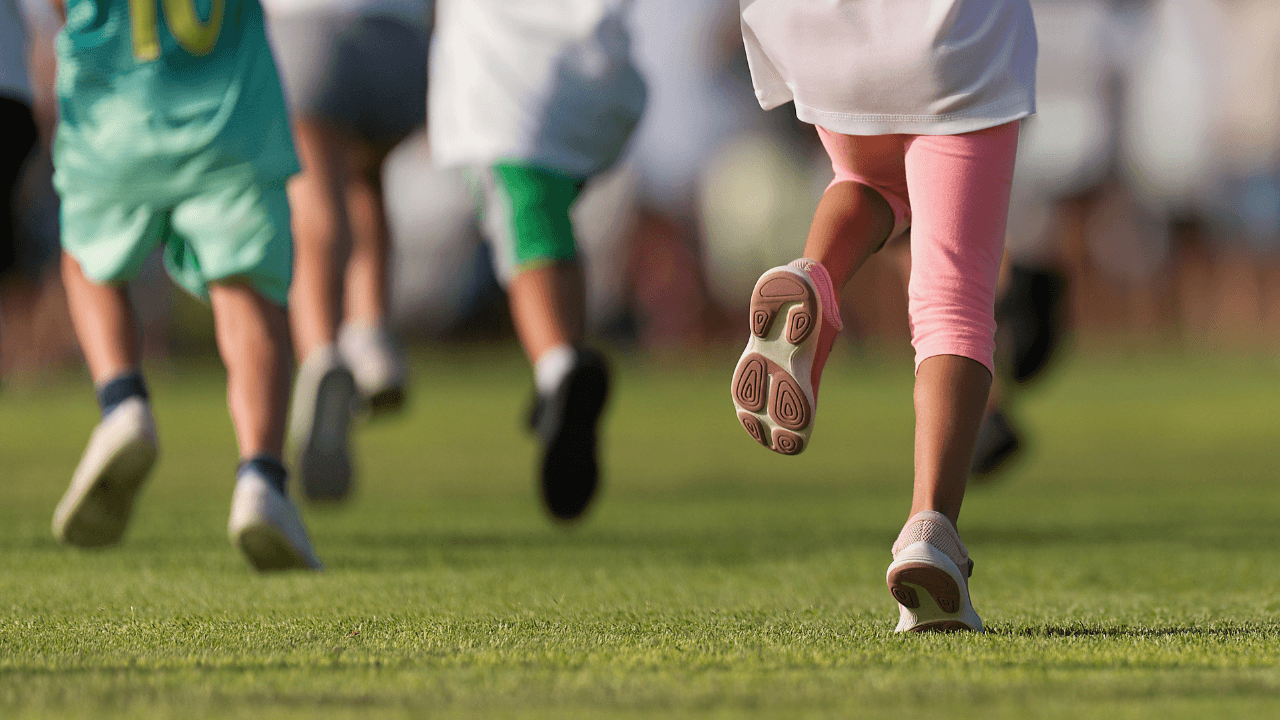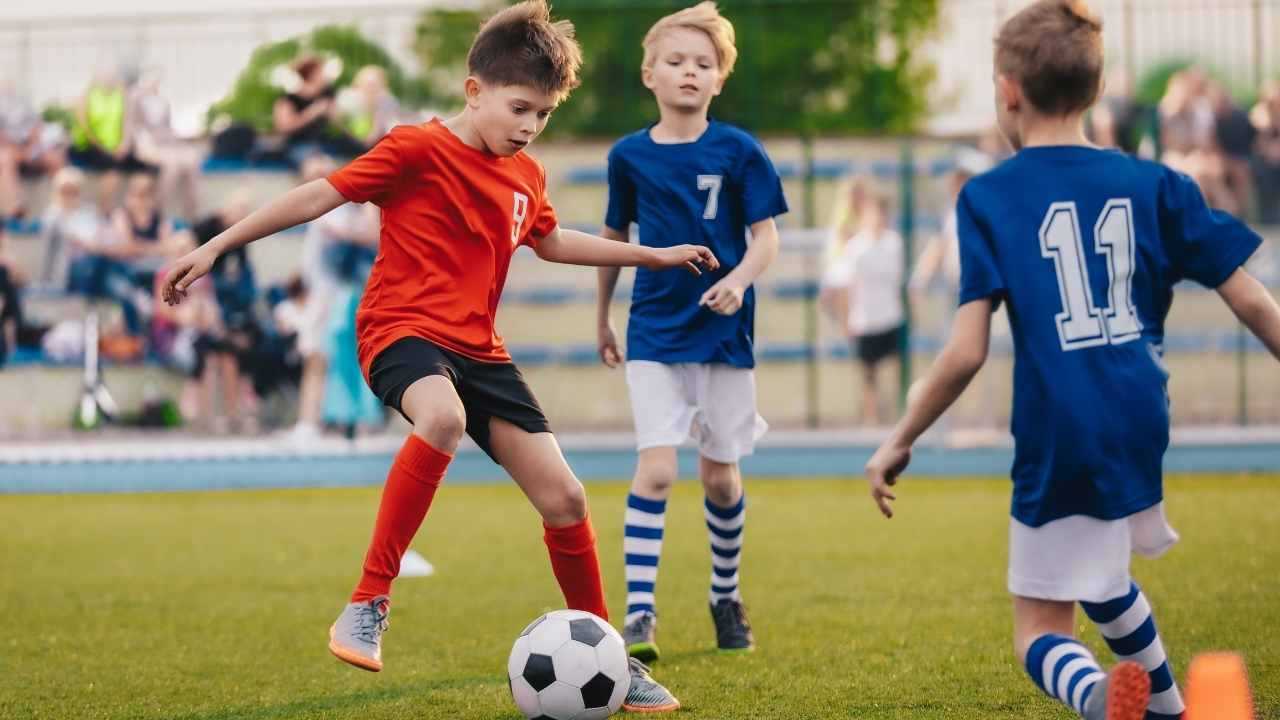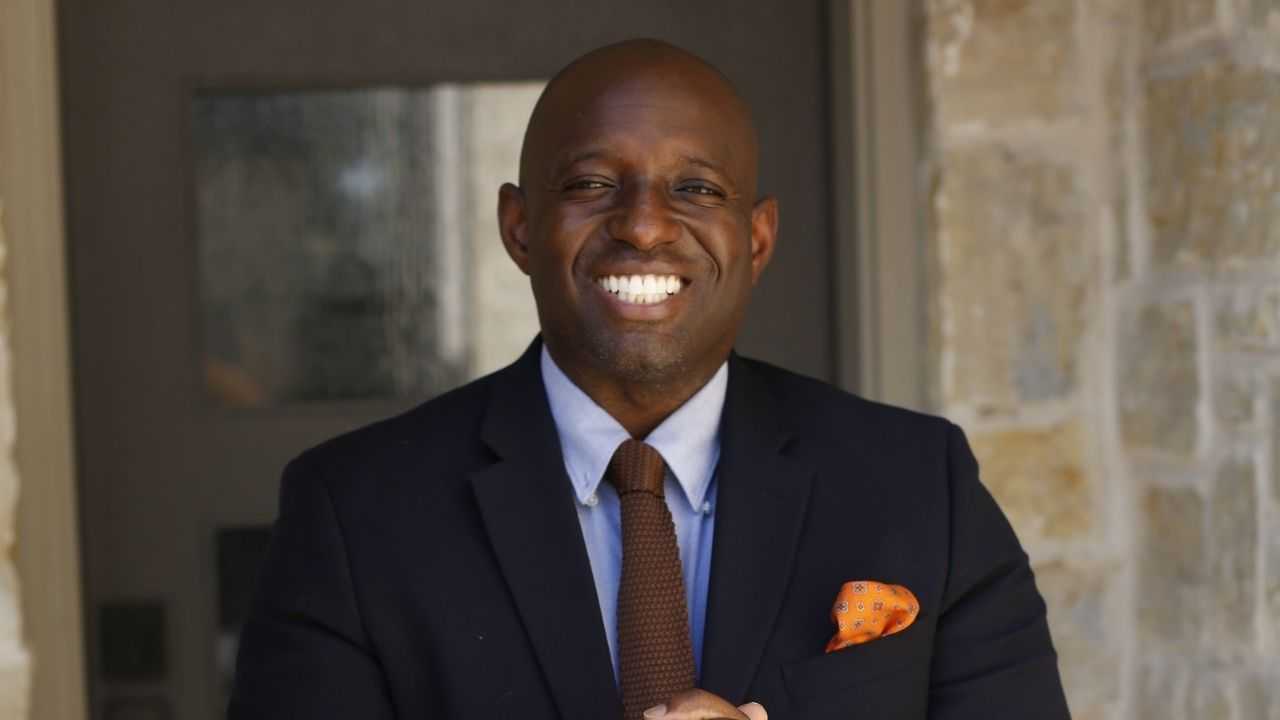Coaching a Kid with ADHD
Roughly 1 in 10 young athletes has ADHD. Here’s what you need to know.
Diana McKeon Charkalis
| 6 min read

Twenty20
Is there a kid on your team who plays and behaves inconsistently — outperforming everyone else one day and then fighting with a teammate over a snack the next? Does she or he show up late, have trouble remembering plays or get easily distracted?
It’s easy to label such kids undisciplined, even defiant, but there may be something else going on: Your player may have ADHD.
One of the most common neurodevelopmental disorders of childhood, the CDC estimates that more than 6 million (9.4 percent) kids in the US have an ADHD diagnosis. Although you might associate ADHD with hyperactivity, it’s not always that straightforward.
What is ADHD?
ADHD affects how the brain processes and filters information — and it causes delays in developing communication or learning skills, unrelated to intelligence.
“There are certain characteristics of ADHD that coaches need to be aware of,” says Dr. Nerissa Bauer, a behavioral pediatrician with a practice in Indianapolis, who runs a virtual class for kids and families called “Teach Me ADHD” on her site, letstalk kidshealth.org. “ADHD is much more than just a child who is always on the go or hyperactive, or who can’t focus or is inattentive. These kids have attentional challenges as well as challenges with executive functioning.”
On the field, or in practice, kids without well-developed executive functioning may have a hard time prioritizing, remembering the sequence of things and thinking ahead, as well as with emotional regulation, Bauer explains. Unequipped with what Bauer calls the “air traffic controller” of a neurotypical brain, kids with ADHD can get easily overwhelmed.
Helping athletes with ADHD succeed
In a game situation, some of the challenges of ADHD can actually become superpowers, says Susan Stout, a former athlete and coach who now educates coaches about ADHD through her consulting firm, Own Beat Athlete. Stout’s teenage son, a basketball player, has ADHD.
Kids with ADHD are very much in the moment, she explains. “They thrive on the flow and the excitement of the game,” says Stout. “They’re able to see multiple things going on at once. I’ve heard it described as almost like having an aerial view of the field or the court.”
The trick then, is to recognize the behaviors associated with ADHD, understand how best to support players with certain core challenges and tweak practice so that they — along with all your other players — can shine.
Here are 10 ways to bring out the best in young athletes with ADHD.
Get to know them really well. If a parent reaches out to let you know their child has ADHD, try to build a relationship with them as well as the athlete. “Get ahead of the issues and learn how to recognize the early signs of frustration and how to get them back on track,” says Stout.
Meet them where they are. Let go of standard expectations for where you think a player with ADHD should be based on age, size or talent. “Help them set attainable goals, and break down complex skills into segments that will allow the child to have success,” suggests Jim Rein, one of the founding experts at Understood.org, a nonprofit dedicated to serving families of kids who learn and think differently, and a former men’s soccer coach at Columbia University.
Eye contact is everything. For kids with ADHD, verbal commands from the sidelines might not really land, says Bauer — so it’s important to get their attention first, and pair commands with eye contact. “Getting the eye contact is so key, whether or not a child has ADHD,” she says.
Emphasize the positive. This builds confidence and trust, Stout says. “They have all these strengths that a coach who knows what to look for can bring out. If they feel like they have a coach who is on their side they will really want to work hard for them and do a good job.”
Let them move. Have all of your kids burn off some energy before you talk or give directions (so no one is singled out), suggests Stout. It helps everyone listen and focus better.
If your ADHD athletes get bored and restless quickly, find a way for them to fidget appropriately while you’re talking or if they have to wait their turn.
Keep it brief. Lecturing doesn’t work. Even with short talks, ask them to repeat back what they heard.
And don’t hesitate to grab a small whiteboard. “Use visual diagrams if you can,” adds Bauer. “The ADHD brain thrives on seeing what the plan of action is going to be.”
Set up routines — and stick to them. Routine is important for all kids. Talk to your kids about tools for staying organized and in control — setting reminders on their phones, arriving at practice early to warm up and help. A special daily job (i.e. setting out the cones) can also keep kids engaged and feeling useful.
Don’t threaten or punish. It won’t work, says Stout. “These athletes live in the moment. This can make it harder to learn from past experience or look to the future. But they will, eventually, learn from natural consequences.”
Keep your cool. “Their sensitive brains can hear softly spoken constructive criticism as angry screaming and see a frustrated glance as a furious glare,” says Stout. And like all kids, they will model your emotional energy — calm or otherwise.
Give everyone game experience. “Don’t let ego get in the way of helping each child,” says Rein. “Helping your players is more important than winning. Remember, as a coach you are a teacher and the welfare of your players comes first.”




